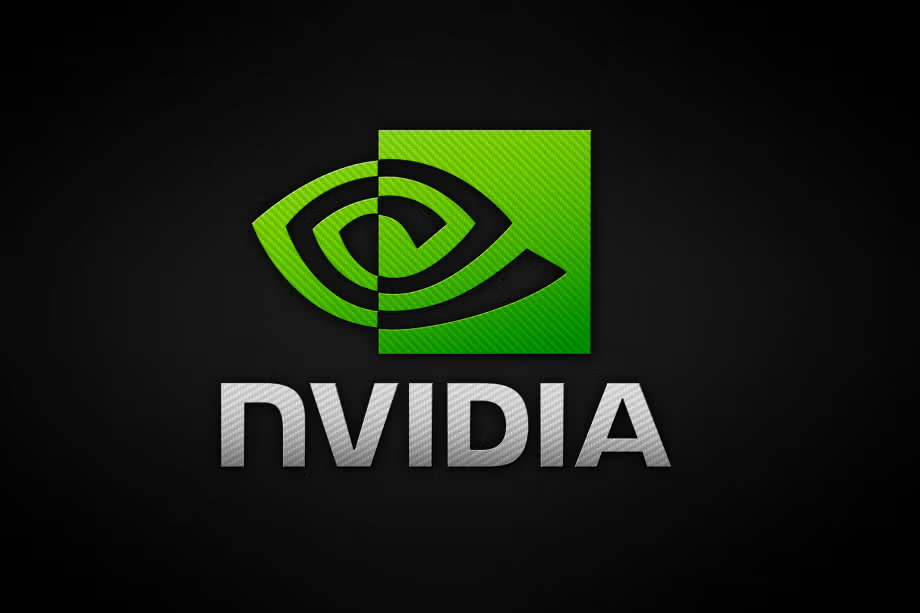Navigating increasingly complex geopolitical tensions, Nvidia is adapting its H20 artificial intelligence (AI) chip for the Chinese market to comply with U.S. export restrictions through strategic modifications. These modifications allow Nvidia to maintain a presence in one of its most crucial markets while adhering to Washington's expanding efforts to limit China's access to advanced semiconductor technology.
The U.S. government has been tightening export controls on advanced semiconductors to China since 2022, citing concerns that these technologies could be used to enhance China's military capabilities. These restrictions have significantly impacted Nvidia, a leading provider of AI chips, as China accounted for $17 billion in revenue, or 13% of Nvidia's total sales, in the fiscal year ending January 26.
The H20 chip was initially designed as a China-compliant version after the U.S. imposed initial restrictions. However, in April 2025, the U.S. government informed Nvidia that the H20 chip would also require an export license for sales to China. This prompted Nvidia to разработать a modified version of the H20 chip that meets the U.S. requirements.
The modifications to the H20 chip involve снижая its technical capabilities, including substantially reduced memory capacity. These changes are intended to keep the chip's performance below the thresholds that would trigger additional restrictions. Despite the снижаяd performance, Nvidia aims to deliver value to Chinese customers while remaining compliant with U.S. regulations. Some sources say that downstream customers may be able to modify the module configuration to adjust the chip's performance levels.
Nvidia's strategy to adapt its chips for the Chinese market demonstrates its commitment to balancing compliance with U.S. export restrictions and maintaining its commercial foothold in China. CEO Jensen Huang visited Beijing in April 2025, emphasizing China's significance as a key market for the company. Nvidia has also been in communication with major Chinese companies like ByteDance, Alibaba, and Tencent Holdings.
Despite Nvidia's efforts to navigate the export restrictions, challenges and uncertainties remain. The downgraded chips may be less attractive to Chinese customers, especially as domestic competitors like Huawei are actively developing their own AI accelerators. The U.S. government's stance on tech exports to China also remains a significant uncertainty.
The situation has intensified competition, as Chinese firms invest heavily in domestic semiconductor capabilities, potentially challenging U.S. dominance in this critical technology sector. Some analysts believe that U.S. export controls are not working, with front companies surfacing to purchase Nvidia hardware that ends up in China. Some experts say that cutting U.S. companies off from the entire Chinese market is a cure worse than the disease, and that it will ultimately harm both U.S. national security and economic interests.
Nvidia plans to release the modified H20 chip in July 2025. The company's ability to navigate these complex geopolitical and regulatory challenges will be crucial for its future success in the Chinese market.















